Experiential learning courses helping Life Sci students to “find themselves” academically
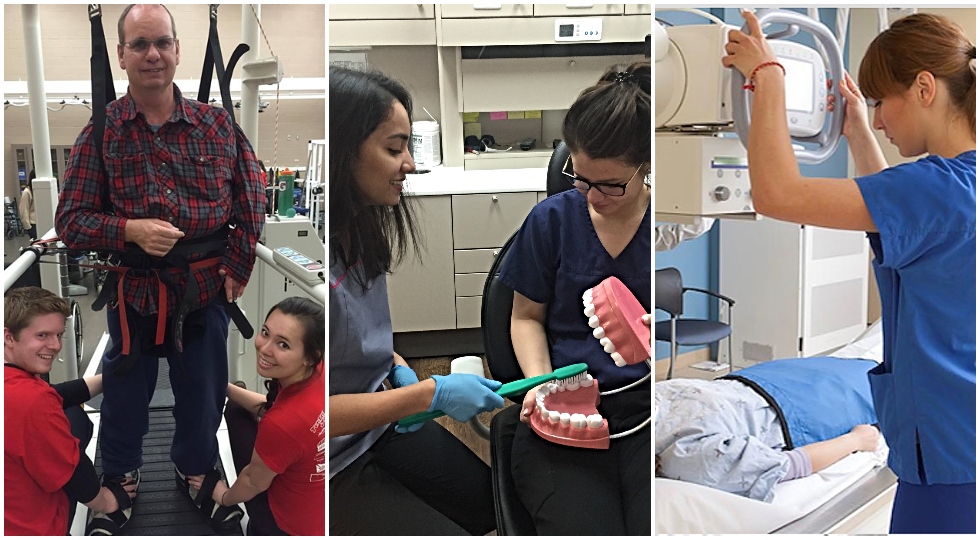
In McMaster’s Life Sciences program, every student must apply their knowledge through an experiential opportunity. Students can choose a placement in a science-related workplace like a dentist’s office, physiotherapy clinic, or occupational therapy clinic. They can also chose to complete a research thesis, or a mentorship experience within the McMaster community.
“What am I going to do after I graduate?” “What academic path should I pursue?” These are questions many students grapple with at some point in their undergraduate careers.
But thanks to experiential learning courses offered by the School of Interdisciplinary Science (SIS), third and fourth year students in McMaster’s Life Sciences program have the opportunity to explore some of the many options open to them.
The courses, which are mandatory in the Life Sciences program, are aimed at providing students with the chance to apply their knowledge and gain real-world experience, while learning about potential career paths, or areas of future academic interest.
Many students choose to complete an experiential learning placement, which provides them with an opportunity to shadow a professional in a science-related workplace ranging from a dentist’s office or pharmacy, to a volunteer organization or a research lab. Students can also choose to complete a research thesis or a mentorship experience within the McMaster community.
“The feedback I‘ve received from students is that they absolutely love these courses,” says Sunita Nadella, experiential education coordinator in SIS, who explains that all Life Sciences students must complete three units of experiential learning. “Many of them tell me this is the most enjoyable course they’ve taken– they say it’s where they’ve found themselves academically as well.”
Throughout the term, students complete 60 hours of experiential learning, as well as a number of assignments, including reflections. They also return to the classroom once a week where Nadella leads them in discussions about their experiences. “I give them goals, we talk about what went right. We also talk about the challenges, and how we might overcome those,” she says.
“Many students find a career path they want to pursue,”continues Nadella. “Others find they don’t like what they’re doing at their placements, but that’s useful too. Also, since we all come together once a week, they get to hear about each other’s placements and learn about other careers, so they benefit from that as well.”
Kim Dej, Associate Director of SIS, says that these kinds of experiential opportunities are invaluable for students.
“When students participate in experiential learning they are able to apply what they have learned in the classroom and make exciting connections between diverse concepts,” she says. “It makes learning relevant to their lives, but also shows them how what they do can have a positive impact on the people with whom they work”
About 100 Life Sciences students are currently completing placements as part of experiential learning courses, LifeSci 3EP3 and LifeSci 4EP6. Five of these students share what their experience has been like so far:
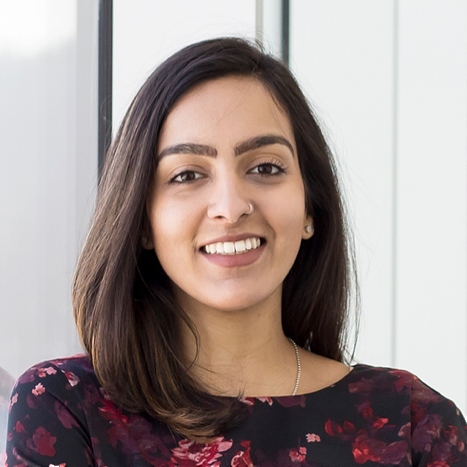 Name: Rabeena Obaidullah
Name: Rabeena Obaidullah
Placement: Good Shepherd, Hamilton.
Position: Workshop Facilitator
I was set on Health Law as a career because in utilizing my electives to create a more interdisciplinary learning experience, I was able to challenge my learning beyond the scope of science. I had discovered an interest in advocacy. For my experiential placement I found a position at the Core Collaborative Learning department at Good Shepherd in Hamilton. My work here has exposed me to complex problems like gentrification, trans inclusion, anti-oppressive and anti-racist practices, harm reduction, Indigenous reconciliation, cannabis use, and human trafficking. These are all very multifaceted and complex topics that I hope to continue to learn about in future.
I have experienced unimaginable fulfillment in working with an NGO and with individuals who serve their communities to uphold the dignity of others less fortunate. This has given me pause and the courage to consider a field as new as human rights law where advocacy meets activism. This experiential learning has been crucial in my career pursuit and I look forward to a life full of learning.
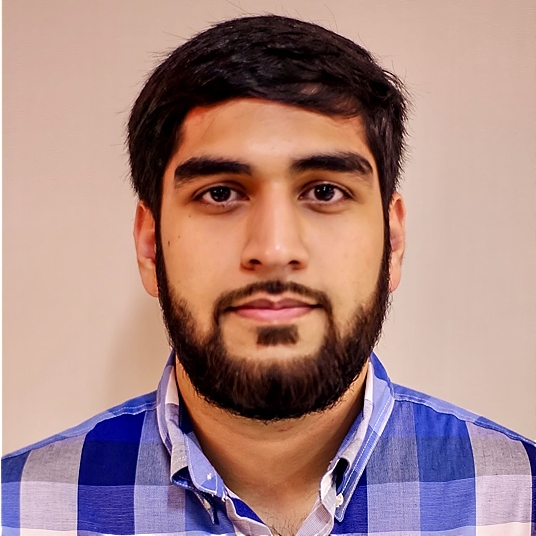 Name: Saad Masud
Name: Saad Masud
Placement: Liruma Rehabilitation Centre
Position: Clinical Shadowing
I am a 4thyear Honours Life Sciences student currently shadowing at Liruma Rehabilitation Centre, which provides treatments for patients involved in motor vehicle accidents and who suffer from chronic pain. So far, I have learned about various pain relieving techniques, about how insurance companies assess clients following an accident claim, and about managing the daily operations of the clinic. This knowledge in addition to the patient interaction, critical thinking, and organizational skills I am developing have made this experience transformative. Relating this clinical exposure to the Life Sciences program, I have already seen links to theories of human biomechanics I’ve learned in Lifesci 3J03. I have been able to actually observe these theories manifest in and affect the musculoskeletal system in patients. Overall, this opportunity has been a privilege and I am thankful that McMaster University took the initiative to provide this course for students in the Life Sciences Program.
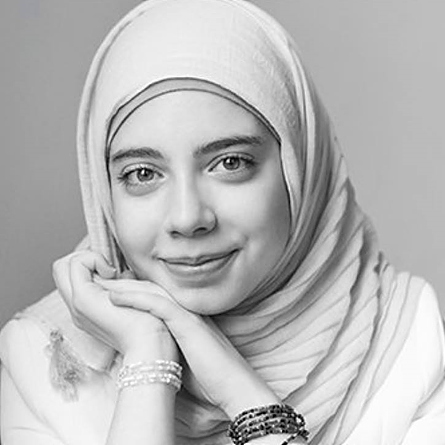 Name: Razan Samara
Name: Razan Samara
Placement: Credit Valley Hospital, Mississauga
Position: Therapist Assistant
I am currently completing my placement on the Psychiatry Unit at Credit Valley Hospital. My main role is to facilitate group therapy sessions, such as art therapy, exercise groups, goal-setting and symptom management groups. I have the opportunity to work with a diverse range of professionals in the mental health care team, including the education coordinator, peer support workers, nurses, psychiatrists, social workers and pharmacists. I chose this placement as it is complementary to my undergraduate education as I am minoring in Mental Health, Addiction and Society. This placement is also a unique opportunity as it allows me to be exposed to practices beyond the biomedical model of health. Every day I am critically reflecting on how social determinants of health, our politics and social justice system, as well as our ideas as a society shape the mental health experience.
Name: Erin Burns 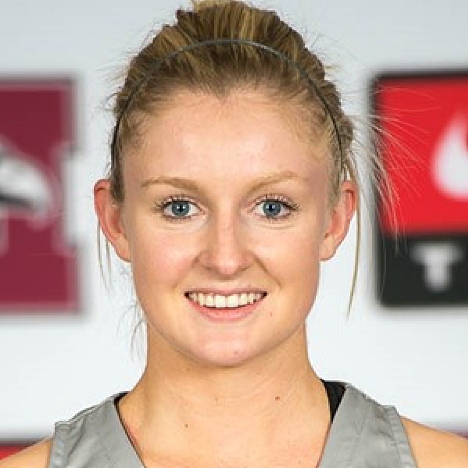
Placement: Annunciation of Our Lord Catholic Elementary School
Position: Teacher Assistant
My name is Erin Burns and I am a 5thyear student- athlete enrolled in the Honours Life Science program here at McMaster. I have chosen to do my placement in a classroom setting at a local elementary school. Twice a week I attend my placement in which I assist the teacher with preparing lessons, delivering the lessons and providing one on one support for students. When delivering lessons, I focus on teaching either science or math as these are the subjects I will be using to apply to teacher’s college. Through this placement I hope to learn about different behaviour management and teaching strategies as well as gain an understanding of the roles and responsibilities of teachers. I specifically chose to do my placement in a classroom setting as I am interested in a career in education and I am hoping that this experience will help guide me in my career choice.
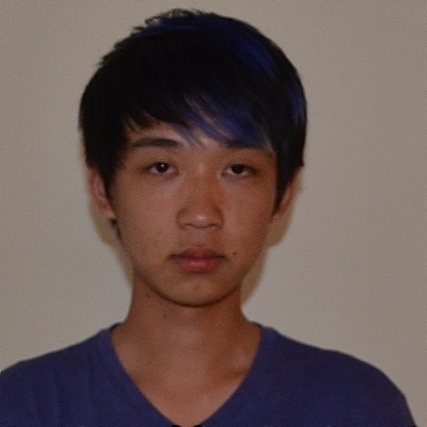 Name: Jin Jeffery
Name: Jin Jeffery
Placement: Bay Area Restoration Council (BARC)
Position: Outreach Support Assistant
BARC is a local, community based organization that is aims to “improve the Hamilton Harbour community’s relationship with its water”. This placement has very close ties with both human health and environmental science courses I have taken. Life Science 2X03 and Life Science 3N03 have been the backbone of my understanding of the effects of environmental issues on human health while Environmental Science 2EI3 and Earth Science 2WW3 have helped me to recognize the importance of environmental conservation for human development and sustainable living. The placement has offered me a variety of valuable opportunities such as outreach program presentation, seed program designing, writing informative articles and grant writing to develop professional skills.


